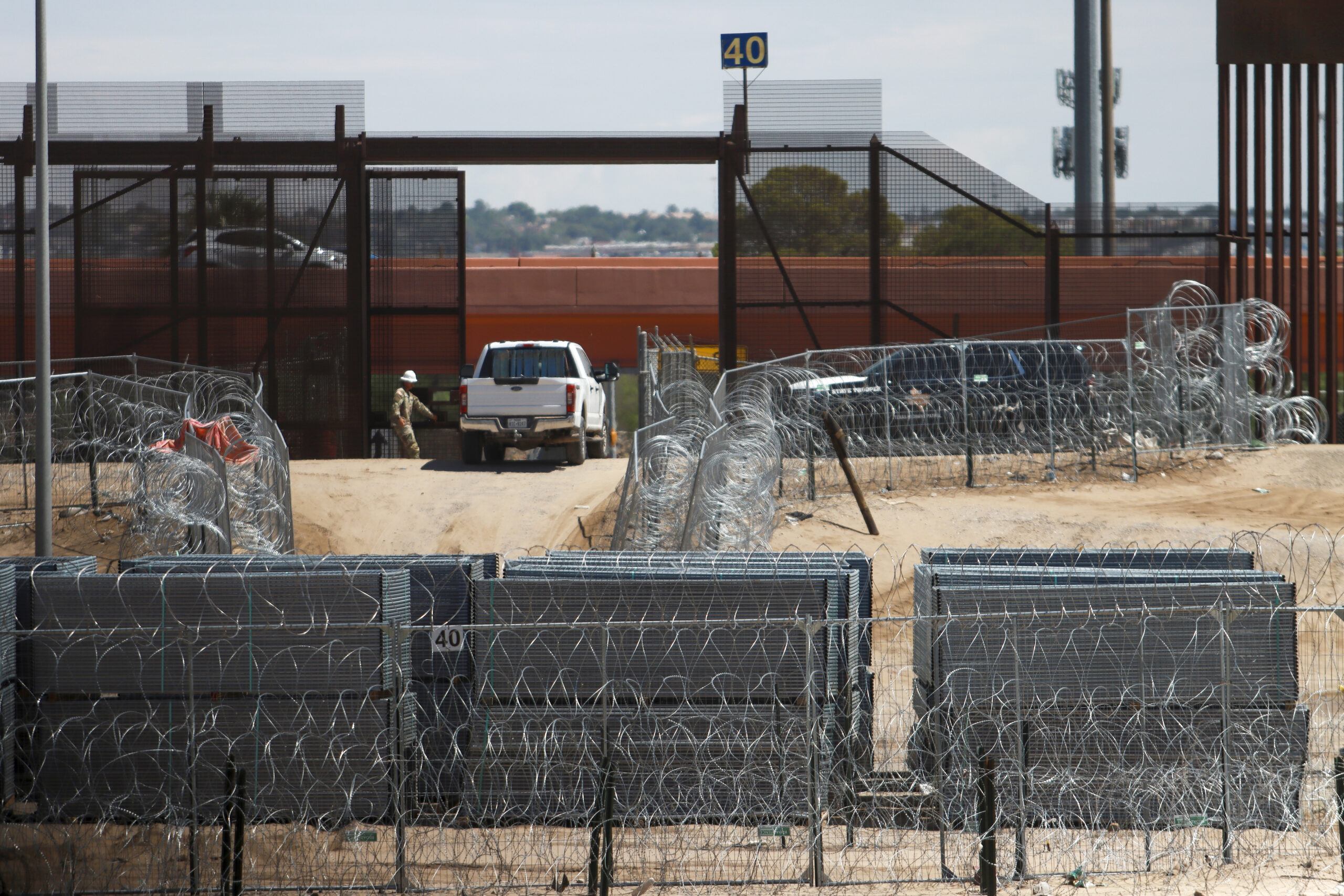
President-elect Donald Trump announced Monday that his administration plans to deploy “military assets” to remove migrants accused of entering the U.S. illegally. The announcement, made on Trump’s social media platform, Truth Social, signals a controversial and aggressive approach to immigration enforcement as he prepares to take office.
Trump Signals Mass Deportation Plans
Trump’s post was in response to Judicial Watch president Tom Fitton, who claimed the incoming administration is gearing up to declare a national emergency to implement a mass deportation program. Fitton’s post read:
“Reports are the incoming @RealDonaldTrump administration [is] prepared to declare a national emergency and will use military assets to reverse the Biden invasion through a mass deportation program.”
Trump shared the post, adding his own one-word comment: “True!”
While details remain unclear, Trump has previously floated the idea of invoking the Alien Enemies Act of 1798 to expedite deportations. Critics argue the antiquated law is ill-suited for modern immigration issues and warn of its historical misuse, such as its role in interning Japanese-Americans during World War II without due process.
Immigration: A Central Campaign Promise
Immigration has been a cornerstone of Trump’s political platform since his first presidential campaign in 2016. During the 2024 race, he doubled down on promises to secure the southern border, often blaming the Biden administration for a record surge in migrant crossings.
The Department of Homeland Security has reported that more migrants crossed the southern border during Biden’s presidency than at any other time in U.S. history. Trump has pledged to reverse what he calls the “Biden invasion” by taking swift and decisive action upon entering office.
Uncertainty Around Military Role
It is still unclear what “military assets” Trump intends to deploy or how they will be utilized in a mass deportation effort. Legal experts are already raising questions about the feasibility and legality of involving the military in domestic immigration enforcement, a move that would likely face significant legal challenges and opposition from civil rights groups.
The Posse Comitatus Act, a federal law enacted in 1878, restricts the use of active-duty military personnel for law enforcement within U.S. borders. However, Trump’s plan could attempt to bypass these restrictions by invoking emergency powers or framing the issue as a matter of national security.
Criticism and Controversy
Critics have been quick to condemn the proposal. Immigration advocacy groups warn that using the military to target migrants could lead to human rights violations and inflame tensions at the southern border. Democratic lawmakers have called Trump’s rhetoric inflammatory and dangerous, arguing that it risks militarizing what is already a volatile situation.
The Alien Enemies Act, which Trump has cited in the past, allows the president to detain or deport individuals from enemy nations during times of conflict. Critics argue the law is outdated and could set a dangerous precedent if applied to undocumented migrants, many of whom are fleeing violence and persecution.
Support from Trump’s Base
Despite the criticism, Trump’s announcement has been met with praise from his supporters, who view it as a decisive step toward solving what they see as an immigration crisis. Conservative commentators and allies, including Fitton, have lauded the proposal as a bold move to restore order at the border and prioritize American sovereignty.